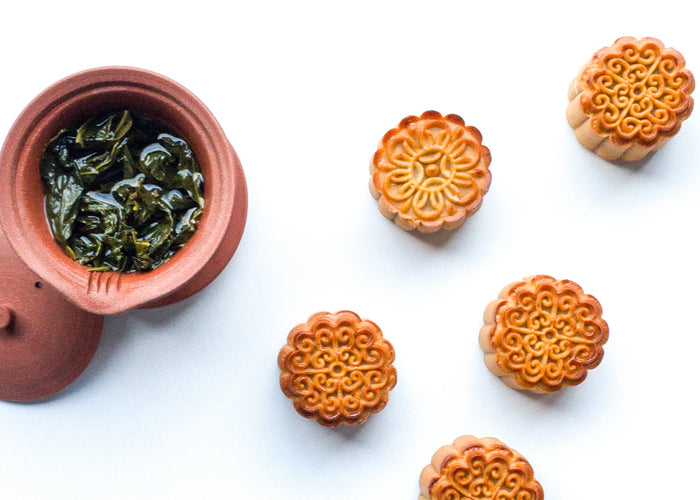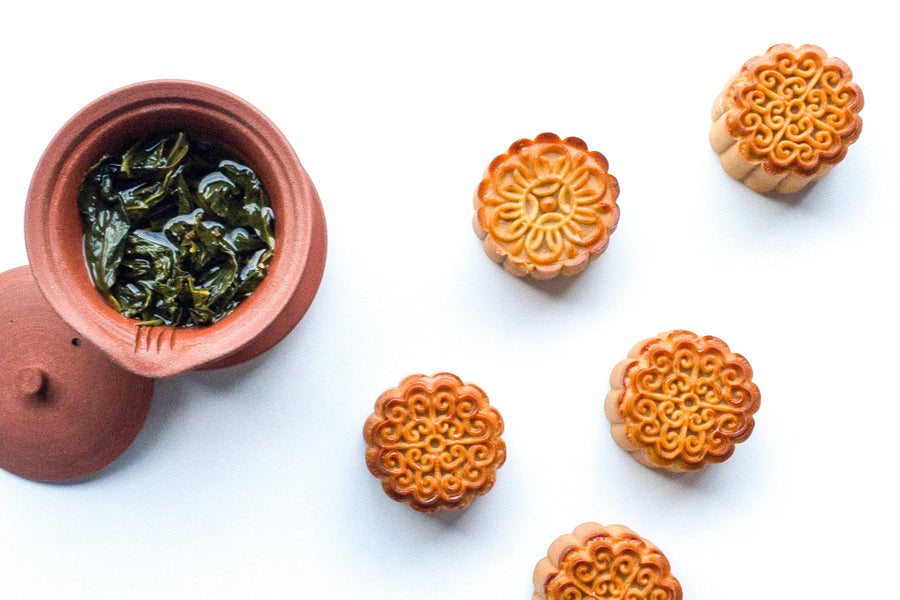Dangocha Gyokuro Uji 2025 No.351
Japanese shaded, nutritious tea
ethereal, fresh green with great health benefits
traditionally also can be eaten as a refreshing snack
Cultivars:
Samidori & Ujihikari
- Unit price
- /per
Japanese shaded, nutritious tea
ethereal, fresh green with great health benefits
traditionally also can be eaten as a refreshing snack
Cultivars:
Samidori & Ujihikari
Adding product to your cart
The entire plantation is shaded for 3 weeks before the Gyokuro harvest. This method helps to produce tender, softer leaves with more amino acids and chlorophyll. After picking and withering, the leaves are kneaded and rubbed. The special hand movements separate the leaves, creating the Gyokuro. During this process, the smaller, finer leaves stick together to form the cylindrical Dango tea. These amazing pieces are separated from the Gyokuro one by one. This type of tea is made in very small quantities. According to Mr Yoshida, it would be difficult to make this tea in large quantities because it's made by accident. Two varieties are used for Dangocha: Samidori and Ujihikari.
This tea, made from very tender leaves, contains many active ingredients such as vitamin C, vitamin E, catechin, caffeine and other antioxidants.
Mr Yoshida also suggests trying the dry leaves as a snack. Another way to enjoy them is to soak them in rice and soy sauce with a touch of salt.
Read about our first experience with Dangocha in this blog article: Dangocha Gyokuro
Worth to use a glass pitcher to see the nice green particles in the thickly flowing creamy infusion. It's raising our energy level gently, and pleasant sensations can be experienced.
We experimented with different brewing methods, finding that steeping at 60°C for six minutes produced the best results. This method brought out the subtly sweet, mellow, melon-like character of the tea particularly well. The flavour developed well and the texture was rich and silky, while the lingering, cooling aftertaste made for a particularly delightful experience. The second infusion at 80°C retained the sweetness with a slightly sharper character that enriched the flavour profile further. The gyokuro is at its best: fresh, refreshing and sweet. Its character unfolds elegantly, offering a luscious experience.
according our dear producer:
Quantity: 5-6 grams per 180ml
Water temperature: 60ºC, 80ºC. From fresh spring, mineral water, or filtered water
Brewing time: 5 min, 45… seconds
Infusions: 3-4 x
The entire plantation is shaded for 3 weeks before the Gyokuro harvest. This method helps to produce tender, softer leaves with more amino acids and chlorophyll. After picking and withering, the leaves are kneaded and rubbed. The special hand movements separate the leaves, creating the Gyokuro. During this process, the smaller, finer leaves stick together to form the cylindrical Dango tea. These amazing pieces are separated from the Gyokuro one by one. This type of tea is made in very small quantities. According to Mr Yoshida, it would be difficult to make this tea in large quantities because it's made by accident. Two varieties are used for Dangocha: Samidori and Ujihikari.
This tea, made from very tender leaves, contains many active ingredients such as vitamin C, vitamin E, catechin, caffeine and other antioxidants.
Mr Yoshida also suggests trying the dry leaves as a snack. Another way to enjoy them is to soak them in rice and soy sauce with a touch of salt.
Read about our first experience with Dangocha in this blog article: Dangocha Gyokuro
Worth to use a glass pitcher to see the nice green particles in the thickly flowing creamy infusion. It's raising our energy level gently, and pleasant sensations can be experienced.
We experimented with different brewing methods, finding that steeping at 60°C for six minutes produced the best results. This method brought out the subtly sweet, mellow, melon-like character of the tea particularly well. The flavour developed well and the texture was rich and silky, while the lingering, cooling aftertaste made for a particularly delightful experience. The second infusion at 80°C retained the sweetness with a slightly sharper character that enriched the flavour profile further. The gyokuro is at its best: fresh, refreshing and sweet. Its character unfolds elegantly, offering a luscious experience.
according our dear producer:
Quantity: 5-6 grams per 180ml
Water temperature: 60ºC, 80ºC. From fresh spring, mineral water, or filtered water
Brewing time: 5 min, 45… seconds
Infusions: 3-4 x












